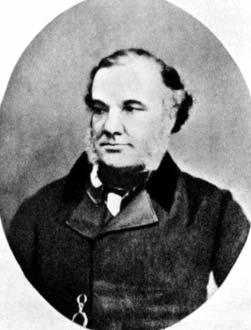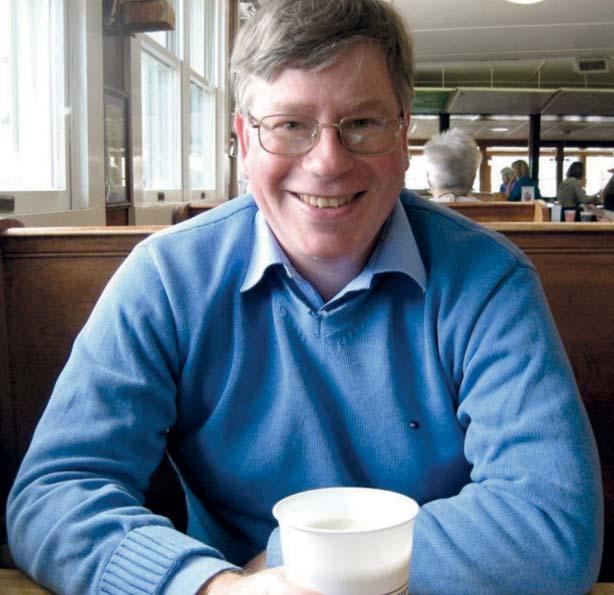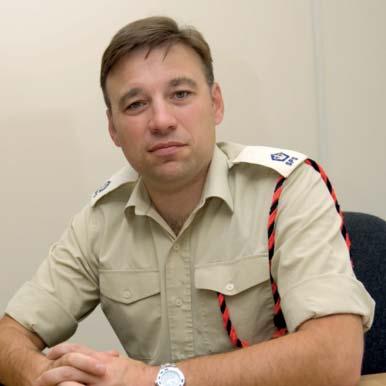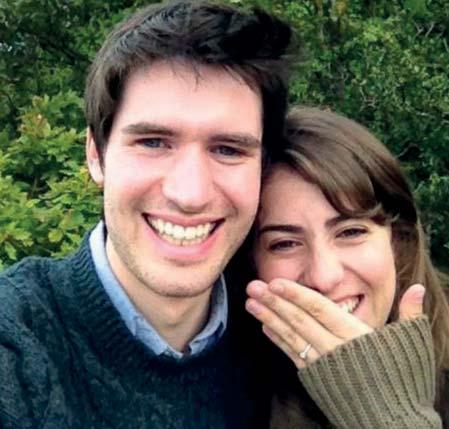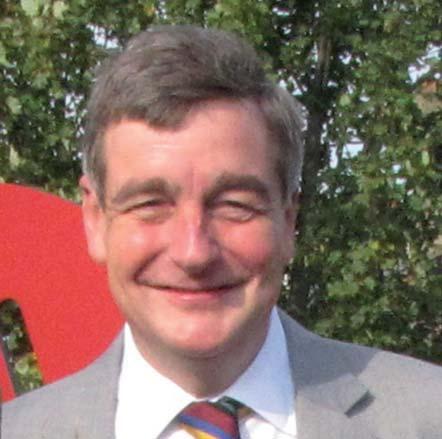A HISTORY OF THE RGS IN TEN PEOPLE The search by David Goldwater (51-62) for 10 people who have been most influential in the history of the school continues.
In the 1950s, the bijou Grainger Cinema used to retain popular films for very, very many weeks. ‘The Robe retained for 44th Week!’ was a typical small ad in the Evening Chronicle. Our History of the RGS won’t run for 44 issues, but is a fertile subject and has produced some fascinating follow-up correspondence, which itself could provide future interesting reading. Hawk-eyed Bryan Stevens (44-49) spotted an error in Issue 86: Edward Moises was Hugh Moises’ nephew, not his son. Narrowing our lengthening list of notable RGS personages down to 10 will be a challenge, but one which we will probably focus on this June at RGS Day.
moved from a licentiateship to Fellow at the Royal College of Physicians. A modest, reserved man, he was ambitious and eventually became sole lecturer at Guy’s, his brilliant reputation attracting large numbers We begin with Thomas Addison of students. Sadly, he suffered from (1793-1860), born in Longbenton acute depression, then referred to where his father was a grocer and flour as melancholia and retired in 1860. dealer. He graduated in Medicine in His suicide soon after was blamed 1815 from Edinburgh University. He on overwork. He rests in Lanercost moved to London where, as a house Churchyard and was commemorated surgeon at the Lock Hospital, he at Guy’s by ‘an admirable bust’. In became engrossed in diseases of the 1975, George Pallister, under whose skin, his speciality leading him to quiet but dedicated biology describe the changes in pigmentation instruction many RGS boys of the now known as Addison’s disease. As a 1940s and 50s moved onwards to pupil at Guy’s Hospital from 1817, medicine, published a short monogram within a few years, he had swiftly on Addison.
10
John Elders by Nick Posner (75-85)
John Elders (I am greatly indebted to John Armstrong for extensive notes from which I prepared this section.) William Webb-Ellis might spring to mind as the father of the game first amongst most Rugby aficionados. In the case of RGS, however, between 1957 and 1982 and beyond, it is to John Elders that the school owes a huge debt of gratitude. Serving under Headmasters Mitchell, Haden, Cox and Miller, he was appointed ‘to give sport a voice in this academic school’. He taught Maths, organised Prize-giving, panoramic photographs, Founder’s Day and Carol Services, served as Housemaster of Collingwood, Tutor and arranged school camps. As Director of Sport, John wanted every boy to find a sport he could enjoy and continue beyond school. He also took 1st Year Cricket; seeing John taking 1st Year Cricket into the nets, Donald Meakin told him ‘they were reserved for the 1st Xl’. The retort was immediate and characteristic: ‘If the first years don’t get into the nets, there’ll be no 1st Xl in six years’ time’. John played for Loughborough Colleges, captained Leicester and trialed for England. At school, his clubs were Northern and later Old Novos, playing for Northumberland, North East Counties and the Barbarians. Early in the 1970s, he became England Coach and his most remarkable successes were on short tours with England to South Africa in 1972 (unbeaten there) and New Zealand in 1973 winning both Test Matches. John’s next role was coaching England Schools, whom he took on an unbeaten tour of Australia.


